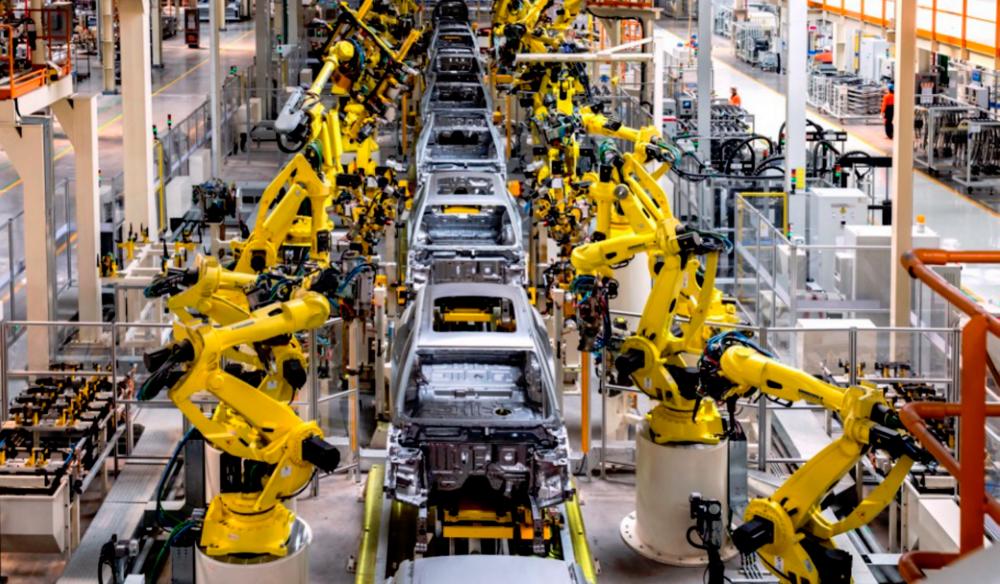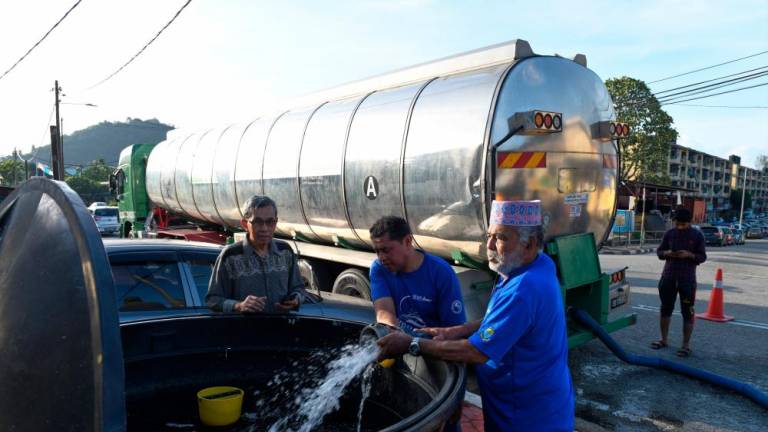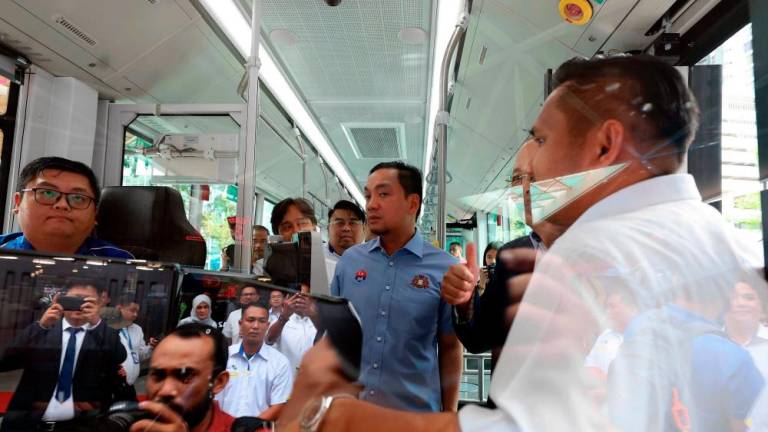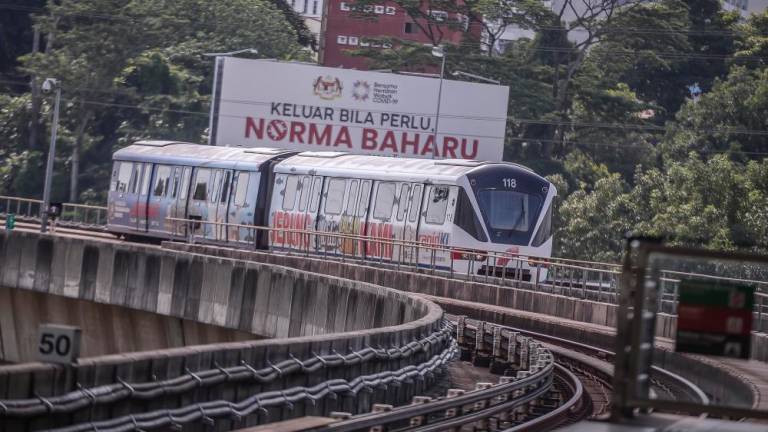PETALING JAYA: Analysts remain cautious on Malaysia’s Industrial Production Index (IPI) and manufacturing outlook despite the improved performance in April, due to jittery trade conditions caused by the US-China trade tension.
“Although April’s factory gate performance moved in line with our exports which grew 1.1% year-on-year in April after two straight months of decline, we remain cautious over the looming global economic slowdown from ongoing trade tensions.
“The ongoing trade tensions between the US and China, two of Malaysia’s major trading partners, will dampen the prospect of stronger growth in the coming quarters,” AmBank Research said in its report today.
It noted that the Nikkei Manufacturing Purchasing Managers’ Index (PMI) fell to 48.8 in May from 49.4 in April. A reading above 50 signals expansion of the manufacturing sector, while a print below 50 represents a contraction, suggesting that there are some signs of fatigue in the economy.
In addition, in May when Bank Negara Malaysia cut its overnight policy rate (OPR) by 25bps to 3%, it also cautioned that potential downside risk still lingered even after the rate cut. The central bank reduced the OPR for the first time in nearly three years in a bid to perk up growth amid a slowing economy.
AmBank Research expects 2019 gross domestic product (GDP) to fall to between 4-4.7%, with 4.5% being its base case projection.
“We will seek more evidence of activity strength persisting in the coming months before adjusting our growth outlook for 2019. For instance, the downside to our potential growth will be negated with the revival of major infrastructure projects like the East Coast Rail Link (ECRL) and also the 121 construction projects,” it said.
Meanwhile, PublicInvest Research is more optimistic, with expectations of the US and China reaching a piece-meal solution at the G20 meeting in Osaka, Japan, later this month.
The research house said the year-to-date IPI average of 3% is considered sluggish by historical standards, but has the potential to rebound if the trade war ends favourably, sooner than later.
The rebound in manufacturing, which grew 4.3% in April, was led by electrical and electronic (E&E), which is “cautiously” anticipated to be sustained, despite the yet-to-be-concluded trade negotiations.
“The sustained E&E activity is in consonance with E&E export momentum (3.9%) and remains our best bet to push IPI higher given ample capacity on hand,” it said.
Year-to-date, E&E performance has been sluggish at 3.4% compared with 6% a year ago, in line with tepid global PMI manufacturing indices, suggesting that manufacturers have been cautious due to trade uncertainties and therefore, are avoiding making large orders.














